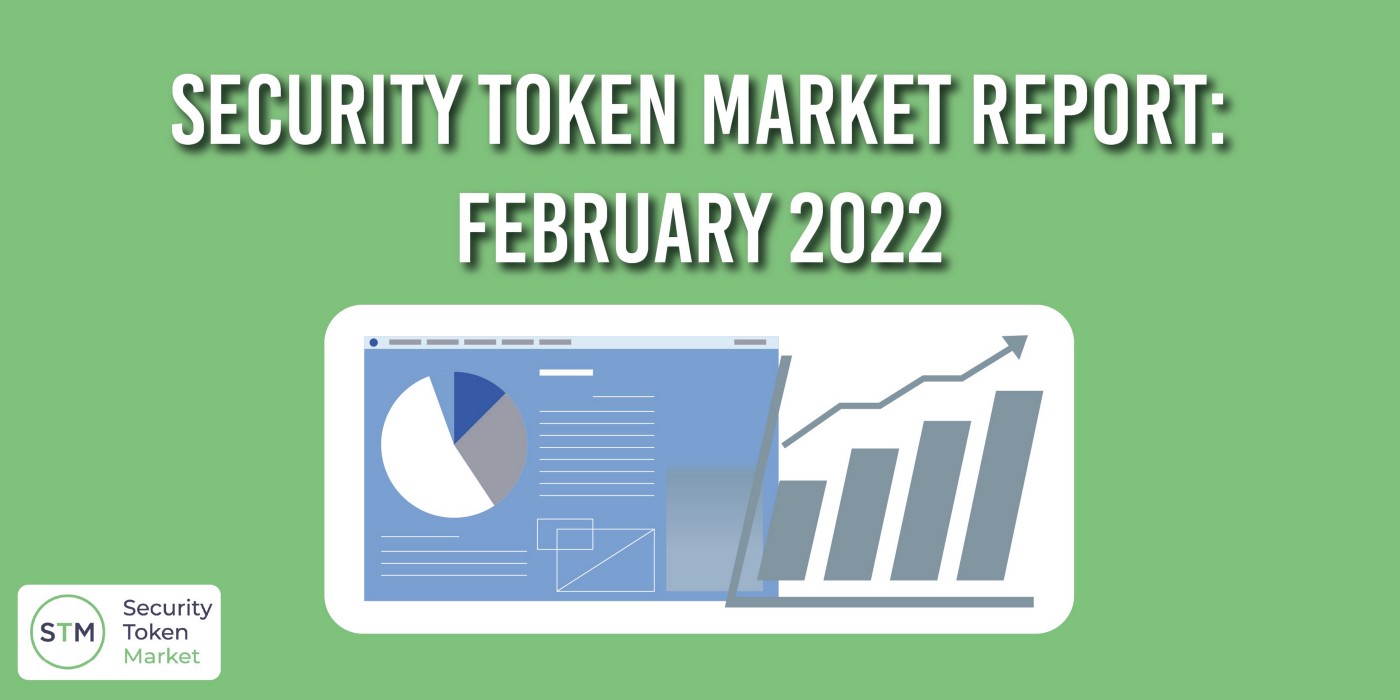Over the past decades, many landmark occurrences have shown us that the traditional financial system is not nearly as fool-proof as purported. It is, in fact, riddled with flaws that leave many people watching their savings depreciate, as inflation and erratic expansionary government policies gradually claw back at your bank deposits as the months go by.
Many people turned to the stock markets for succor. With a global average annual return of about 10% per annum, the stock market provided an avenue for people to earn a modest passive income. But this hasn’t come without its own challenges.
Challenges and Flaws of Investing in the Stock Market
- Complex Structure
The level of standardization and complexity involved in the operations of securities exchanges worldwide effectively puts the system out of the reach of the average layman.
2. Intermediaries
This means that individuals have to contract a retinue of professionals, dealers, brokers, and trading platforms just to be able to invest in stocks. All of these intermediaries make the whole experience more complicated and costly, especially for retail investors.
3. Excessive Charges and Fees
The multiple charges and fees paid to brokers, dealers and various intermediaries on stock trading platforms can quickly eat deep into the Investor’s profits and sometimes capital as well.
4. Regulatory Restrictions
Global financial markets are governed by rules and regulations intended to protect the investor and the economy as a whole. As a result, the stock market is subject to various rules which hugely hamper investment activities.
5. Regional Limitations
In a bid to strengthen economic sovereignty and stability, most countries place strict regional limitations on the activities of stock exchanges and stakeholders that operate within their jurisdictions. These constraints militate against globalization and international economic integration. It limits the stocks that local investors can purchase. Likewise, it effectively limits the pool of investors that local corporations can get funding from.
In addition to all of these flaws, Stock exchanges have also been heavily criticized for their ill-timed closing hours, lunch breaks and holidays. As the world transitions into a fast-paced and borderless Web 3.0, 24-hour access to trading activities has become necessity. And Security Tokens are here to offer real-time solutions and open up new frontiers from global investments. Before we go into the details, let’s first have a brief look at what security tokens are.
What are Security Tokens?
Securities or Stock is the term used to refer to an ownership position in any corporation that’s publicly traded. It gives the holder a legal claim to future profits as well as the underlying assets of the company
Simply put, Security tokens are a digitized form of traditional stocks and securities that are created by deploying smart contracts on a distributed blockchain ledger.
There are three broad types of traditional securities traded in the traditional Money markets and Capital markets around the world.
- Equity
- Debt Instruments
- Future Contracts
In the traditional capital and money markets, examples of securities include ETFs, bonds, derivatives, stocks, options, and futures. Through the deployment of smart contracts, any of these assets can now be tokenized as a Security token and be traded in real-time on specialized platforms and exchanges like Cryptosx.
Security Tokens effectively create a new arm of capital markets, without the hassle of government restrictions or the arbitrary charges of brokers and other intermediaries of the stock market.
How are Security Tokens Different From The Stock Market?
For many decades, the Stock exchange market has held sway in global investment. Giving investors an opportunity to own slices of assets of companies, get voting rights, and claim their share of the profits in the form of dividends. Security tokens also carry these amazing features, but it goes further to fix the gaping flaws that have been observed in the stock market over time.
1. Eliminating the Middlemen:
The stock market is a highly specialized system. To trade actively, you will require the services of a broker or floor trader, who will execute trades on your behalf. All of these professional service providers often charge exorbitant fees and commissions that make the trades more inefficient and eat deep into the profits of investors over time. Conversely, with Security tokens, you can now essentially exclude middlemen such as brokers and dealers from the trading process.
2. Global Access to Liquidity:
Unlike the Stock exchange market, the blockchain is global. Companies can gain easy access to capital across the borders of their local country without any bottle necks retinue of regional and national licenses and requirements that characterize the stock exchange markets of different countries.
3. Borderless Trade:
On the blockchain, there’s access to different cryptocurrencies that make it possible for investors to trade among themselves without having to go through the expensive and time-consuming process of multiple currency conversions.
4. Anti-Inflation
Unlike the stock market, which has its foundations rooted in global fiat currencies, Security tokens run on blockchain-based smart contracts and denominated in crypto currencies. Consequently, they are sheltered from the deteriorating effects of inflation and arbitrary money-printing by the governments.
Similarities between Stocks and Security Tokens
Security tokens and stocks are quite similar. Both represent a company’s equity and fractional ownership of its assets. Similarly, depending on the type of token, investors may be awarded voting rights and be awarded dividends.
Differences between Stocks and Security Tokens
Security Tokens and Stocks share very similar features, however there is a world of differences between them. Here are a few of them.
- Tokens are deployed on top of blockchain using smart contracts, whereas stocks are not.
- Certificates and Proof of ownership for stocks is usually validated and stored by a broker or directly at the company’s registry. With tokens, however, investors can store ownership themselves in personal blockchain wallet and the registry is pulled from the immutable blockchain public-ledger.
- In order to sell stocks, the trade needs to be sent to an accredited broker and/or sold on a standardized stock exchange. Meanwhile, security tokens can be quickly sold on any registered Security Token Exchange without a dedicated intermediary broker.
- The blockchain is an immutable ledger, the stock exchange market isn’t.
- The stock exchange market has specified closing hours while blockchain-based security token exchanges are typically available 24/7.
Wrapping Up.
According to a report by Forbes, The global Security Token industry grew by 500% in 2020, in comparison, the S&P 500 grew by a paltry 16% over the same period. The potential for growth in the security tokens space is almost limitless.

With all the exciting features listed above, there is no gainsaying that Security Tokens will compete toe to toe with stocks and other traditional securities in the near future. The time to invest in Security tokens is now. Visit CryptosX.io to get started.






